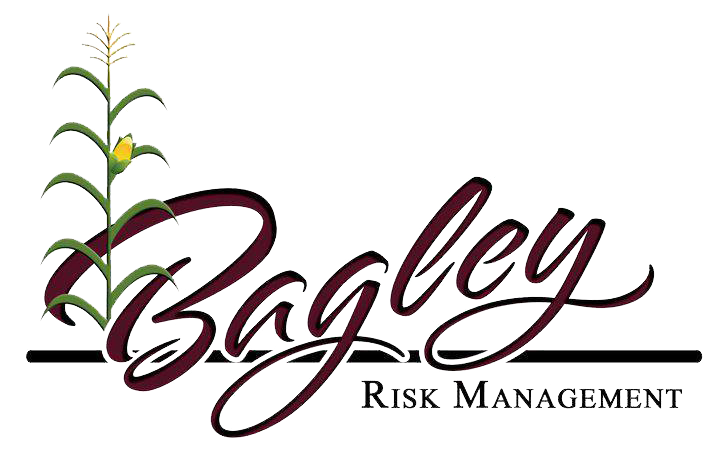Comprehending Livestock Risk Defense (LRP) Insurance Policy: A Comprehensive Guide
Browsing the realm of animals risk security (LRP) insurance policy can be an intricate endeavor for numerous in the farming industry. This kind of insurance policy provides a safeguard versus market changes and unexpected situations that could influence livestock producers. By comprehending the complexities of LRP insurance policy, manufacturers can make educated choices that might protect their procedures from economic dangers. From how LRP insurance coverage functions to the numerous insurance coverage choices available, there is much to discover in this thorough overview that might possibly shape the way animals manufacturers approach danger monitoring in their businesses.

Just How LRP Insurance Policy Functions
Periodically, comprehending the technicians of Animals Risk Defense (LRP) insurance policy can be complex, however damaging down exactly how it works can give clearness for ranchers and farmers. LRP insurance coverage is a danger management device created to shield animals producers against unforeseen rate declines. It's important to keep in mind that LRP insurance is not a profits guarantee; rather, it concentrates exclusively on price risk defense.
Eligibility and Coverage Options

When it comes to protection options, LRP insurance coverage offers manufacturers the versatility to select the protection degree, coverage period, and endorsements that finest match their threat management requirements. By understanding the qualification requirements and coverage choices offered, animals manufacturers can make informed choices to handle risk effectively.
Pros and Disadvantages of LRP Insurance
When reviewing Livestock Danger Defense (LRP) insurance policy, it is necessary for animals producers to consider the benefits and negative aspects intrinsic in this danger management tool.

Among the key advantages of LRP insurance policy is its ability to provide protection against a decline in animals costs. This can aid guard producers from financial losses resulting from market fluctuations. In addition, LRP insurance provides a degree of flexibility, permitting manufacturers to customize insurance coverage degrees and plan periods to suit their specific requirements. By securing in an assured cost for their animals, producers can better handle danger and prepare for the future.
One limitation of LRP insurance policy is that it does not protect versus all types of threats, such as disease episodes or all-natural calamities. It is important for manufacturers to carefully examine their private risk exposure and financial situation to establish if LRP insurance coverage is the right danger monitoring tool for their procedure.
Comprehending LRP Insurance Coverage Premiums

Tips for Maximizing LRP Advantages
Making best use of the advantages of Livestock Threat Protection (LRP) insurance coverage calls for critical planning and proactive risk management - Bagley Risk Management. To make the many of your LRP coverage, consider the following pointers:
Frequently Examine Market Conditions: Remain educated about market patterns and rate variations in the animals sector. By monitoring these factors, you can make informed choices regarding when to buy LRP insurance coverage to secure against possible losses.
Establish Realistic Protection Levels: When choosing protection levels, look at more info consider your manufacturing expenses, market price of livestock, and possible dangers - Bagley Risk Management. Establishing sensible protection levels ensures that you are properly safeguarded without paying too much for unnecessary insurance policy
Expand Your Protection: Rather than depending solely on LRP insurance, consider diversifying advice your risk administration approaches. Integrating LRP with various other risk management devices such as futures contracts or alternatives can offer thorough protection versus market unpredictabilities.
Evaluation and Adjust Coverage Consistently: As market problems alter, periodically assess your LRP protection to guarantee it lines up with your present risk exposure. Readjusting insurance coverage levels and timing of acquisitions can aid enhance your threat defense method. By following these pointers, you can maximize the advantages of LRP insurance and guard your animals procedure against unexpected threats.
Final Thought
Finally, animals threat security (LRP) insurance policy is a beneficial device for farmers to handle the economic risks connected with their livestock procedures. By comprehending just how LRP functions, qualification and protection options, as well as the pros and cons of this insurance policy, farmers can make enlightened decisions to shield their livelihoods. By carefully thinking about LRP premiums and carrying out approaches to optimize advantages, farmers can minimize prospective losses and make certain the sustainability of their procedures.
Animals manufacturers interested in getting Animals Threat Defense (LRP) insurance coverage can click now discover a range of eligibility criteria and insurance coverage choices customized to their particular animals operations.When it comes to protection options, LRP insurance supplies manufacturers the flexibility to pick the protection level, coverage period, and recommendations that finest fit their risk monitoring demands.To grasp the intricacies of Animals Risk Protection (LRP) insurance fully, comprehending the variables influencing LRP insurance coverage costs is essential. LRP insurance costs are identified by numerous aspects, consisting of the insurance coverage level selected, the expected rate of animals at the end of the protection period, the type of livestock being insured, and the size of the insurance coverage period.Evaluation and Adjust Protection Regularly: As market conditions transform, regularly evaluate your LRP insurance coverage to guarantee it aligns with your present danger direct exposure.
Comments on “Professional Guidance: Bagley Risk Management Strategies”